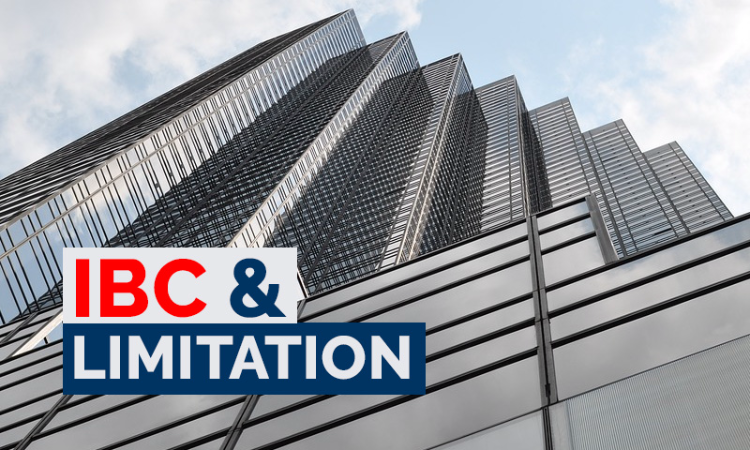IBC - Delay In Filing CIRP Application Condonable On Sufficient Reasons : Supreme Court
Ashok KM
4 Jan 2023 8:48 PM IST

Next Story
4 Jan 2023 8:48 PM IST
The Supreme Court observed that delay in initiating Corporate Insolvency Resolution Process (CIRP) is condonable on sufficient grounds.The bench of Justices Ajay Rastogi and C T Ravikumar noted that the Limitation Act, 1963 are applicable to applications filed under Sections 7 and 9 of IBC. It be so, the position is that the period of limitation is three years from the right to apply accrues...
